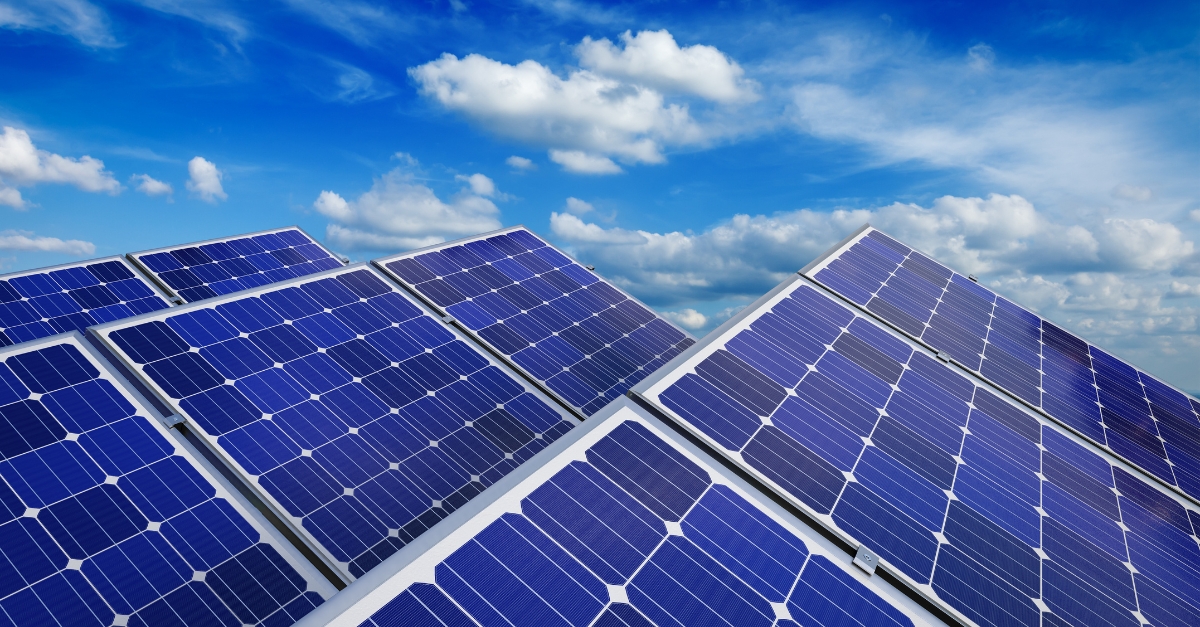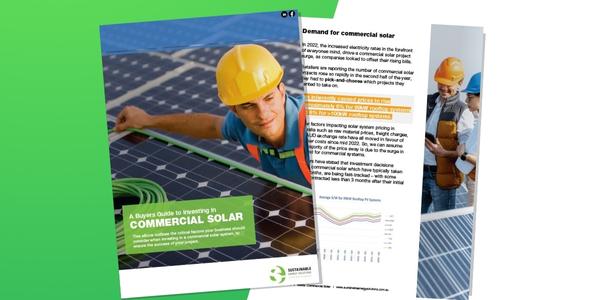Can solar provide blackout prevention and energy stability?
Most of the time the electricity supply to your business is there when you need it. The Australian Energy Market Operator (AEMO) targets at least 99.998 per cent availability of electricity supply and this has been exceeded in most cases over the years.
At present, when electricity supply is interrupted, it is most often due to local factors such as infrastructure failure or downtime for maintenance.
The question is, will grid stability continue in Australia? And, what role can investing in solar play?
With regards to grid stability, the short answer is - no one knows for sure. However, it is a key focus for our government.
What we do know is that by 2040 a significant proportion of Australia’s coal fleet will be over 50 years old. These ageing power stations are using obsolete technology and are therefore highly polluting (1). In coming years, at least 5 of these ageing coal power stations are expected to retire, equating to approximately 13% of the NEM’s total capacity (2).
Just weeks ago, AEMO’s chief executive Daniel Westerman has warned there could be “reliability gaps” from 2025 onwards. The market operator AMEO’s forecast has declared “investment is needed urgently to modernise the country’s energy grid, or these closures could lead to blackouts and electricity shortages on the east coast by 2027” (3) . Along with announcing a need for urgent and ongoing investment in renewable energy, storage and transmission, Westermen has also stated “The NEM (national energy market) has a strong pipeline of proposed generation and storage projects, totaling three times today’s generation capacity, with large-scale solar, wind and batteries accounting for 86 per cent”.
The effects of unstable energy supply on your business
As a business, even a small disruption for a few seconds can have a major impact on operations, particularly if unexpected. For food manufacturers or cold storage operators this can result in lost product while for most businesses it can mean significantly more downtime as systems and processes need to be rebooted and restarted.
Although insurance may cover some of these impacts it can be immensely unproductive. Solar and batteries can help mitigate some or all of these risks to energy supply, however there’s often a catch.
First let’s discuss these technologies and what they can and can’t do.
Solar on it’s own, in most cases, can not mitigate energy supply. For nearly all solar systems the inverters (that’s the boxes on the wall that convert DC solar power to usable AC power) rely on the grid for the frequency and timing of their generation. That is, they match their output to the grid and without it they cannot run.
That means that if you have a solar system and the grid power supply stops, your solar system also stops – you’re no better off.
There are some new inverters out, including the Enphase IQ8 that are ‘grid forming’ and can supply power when the grid supply is interrupted. However, the catch is that the solar output needs to be the same or greater than the site’s demand, otherwise they also stop. Furthermore, this is very new technology designed for homes and hasn’t been tested sufficiently at the commercial scale.
Adding a battery improves the situation immensely. If a battery is installed at a site and configured appropriately it can provide backup power if the grid supply is interrupted.
However - there’s a few catches
- The battery must have sufficient capacity (kW) to supply your site for a sufficient amount of time (kWh) – this often means a very big battery
- It must be sufficiently charged when the power supply issue occurs – this often means it can’t be used to save you money in other areas. I.e. it will just do backup.
- There must be sufficient solar (and sunlight) to continue charging the battery for the duration of the outage.
- The cost of battery systems remain high and not feasible for many of our clients.
A good compromise is often to only back-up the essential loads you require during a power supply interruption, i.e. you might back up the computer system, some lighting and some process machinery. Many batteries are configured in such a way to allow this with connections for backed-up and non-backed-up loads. To get this right, a good understanding of the electrical loads, their duration and the wiring needs to be made.
We recommend a Solar & Battery Feasibility Assessment to understand these factors and provide a final configuration and design before proceeding further.
Discuss your solar needs today with our team by filling out our form or calling us on (02) 9371 4153.
Want to know more about buying commercial solar?
Download our FREE comprehensive eBook ‘A Buyers Guide to investing in Commercial Solar’.


